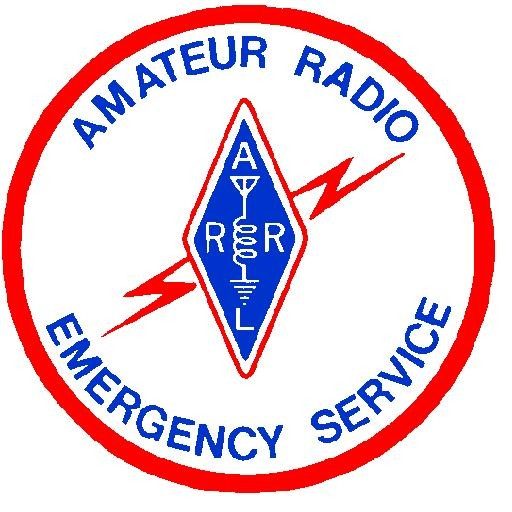From the Ohio Section Notes, November 2011
Hello,
If you attended the Ohio ARES Management Meeting last spring in Mansfield, one thing rang LOUD and CLEAR, and that was training. After discussions with the Section Manager and our new ASM/Training John Frederick N8GOU, it was decided that before we establish training on a local/county level, ARES leadership will need to step up and fulfill some training minimums.
Effective December 31 2011, to be considered for appointment in the Ohio Section for the positions of District Emergency Coordinator, Assistant District Emergency Coordinator, or County Emergency Coordinator, the applicant must have taken and passed FEMA Courses IS-100, 200, 700 and 800.
Effective January 1, 2013 all holders of the positions of District Emergency Coordinator, Assistant District Emergency Coordinator, or County Emergency Coordinator the applicant must have taken and passed FEMA Courses IS-100, 200, 700 and 800. In my discussions around the Section, most of you, if not all have completed all or the majority of the above requirements, or will soon. Many DECs and ECs have mentioned that many of the County EMA offices ask IS-100, 200, 700, and 800 before they are issued credentials, or allowed into emergency facilities during an emergency. Remember these are MINIMUMS ONLY. There are many of the FEMA IS courses available on line at http://training.fema.gov/IS/ . Also remember that the ARRL offers the EMCOMM classes, and you can view that catalog at http://www.arrl.org/online-course-catalog.
So PLEASE take advantage of the educational resources available to you, and I am sure programs will become available as our new ASM John Fredrick, N8GOU talks to other ARES Leadership across the Section. If you have any questions on the topics above, please contact me.
73,
Jack Sovik, KB8WPZ
Ohio Section Emergency Coordinator
More discussion of the training requirements by John Frederick, N8GOU can be found on the Ohio Section News page
